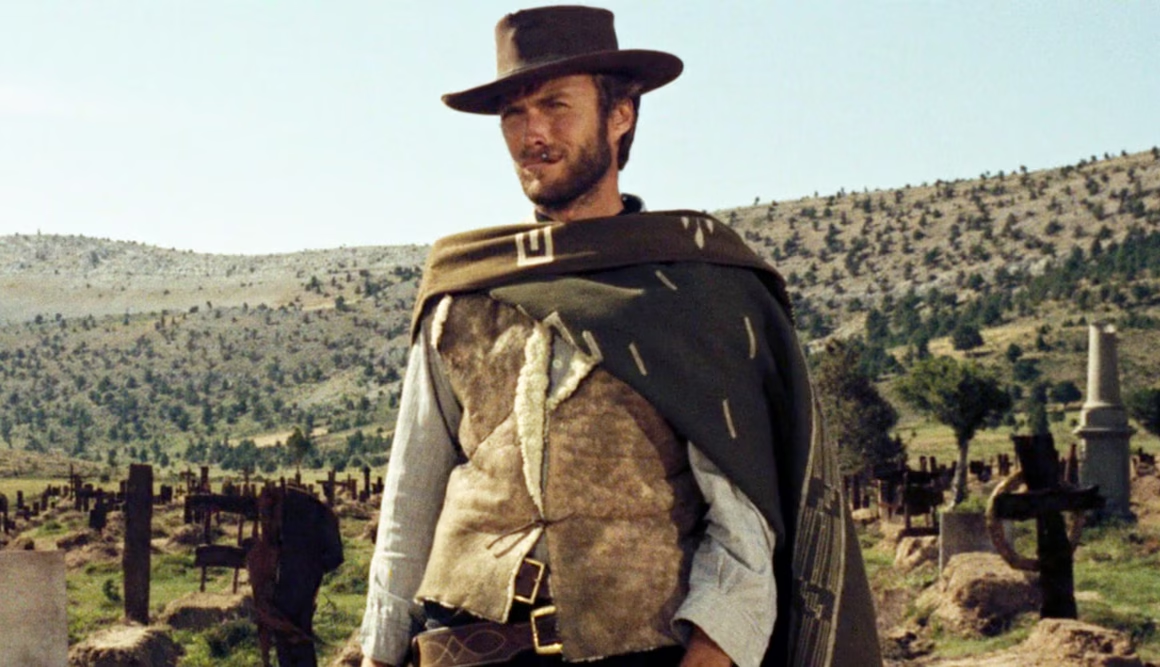To carve out even a minor presence in Hollywood is an achievement beyond the wildest dreams of most aspiring actors. To build a career as monumental as Clint Eastwood’s is to redefine what it means to be a legend of the silver screen. But Eastwood’s rise to fame wasn’t simply about playing it safe—he constantly evolved, taking risks and embracing diverse roles that defied expectations.
Eastwood has long been synonymous with rugged cowboys and no-nonsense detectives, embodying a classic Americana ideal. While many assume his biggest box-office hit would be a Dirty Harry installment or one of his spaghetti westerns, his most commercially successful film remains 1978’s Every Which Way But Loose, an offbeat comedy that paired him with an orangutan named Clyde. However, just two years later, Eastwood embarked on a deeply personal project that defied convention—a film that, despite its ambition, has largely faded from public memory.
In the 1970s, Eastwood was already a household name, known for intense action thrillers and gripping dramas. As he transitioned into directing while continuing to act, his choice of projects became increasingly eclectic. Among them was Bronco Billy (1980), a heartfelt comedy-drama that saw Eastwood not only directing but also stepping into the shoes of the title character.
The film follows Billy, a former shoe salesman who reinvents himself as the leader of a ragtag traveling Wild West show, staffed by ex-convicts and drifters. The humor and heart of the movie shine through Billy’s interactions with his unconventional troupe, including the charismatic emcee “Doc,” played by Scatman Crothers—best known for his role as Dick Hallorann in The Shining.
What sets Bronco Billy apart is its personal connection to Eastwood himself. In Aim for the Heart, Howard Hughes’ 2009 book on the actor-director, Eastwood admitted, “If, as a film director, I ever wanted to say something, you’ll find it in Bronco Billy.” He later told Barbara Walters it was one of his most “definitive” films. At its core, the story mirrors Eastwood’s own career—Billy clings to his cowboy persona in a world that has seemingly left his way of life behind, much like Eastwood’s evolution in an ever-changing Hollywood.
Beyond its humor and adventure, the film subtly explores themes of disillusionment, perseverance, and the enduring power of dreams. It also boasts a soulful soundtrack, including a duet featuring Ray Charles, adding to its distinctive charm.
While Bronco Billy performed respectably at the box office and received some critical praise, it never reached the level of success Eastwood had envisioned. In a 1995 Rolling Stone interview, he reflected on his musical tastes, revealing his love for jazz and rhythm & blues while expressing a lack of connection to rock & roll: “I never got drawn into the rock & roll generation. I just kind of missed it, growing up in the ’40s. For me, it was big band and bebop.” This perhaps explains the film’s nostalgic, almost timeless quality—an ode to an era that was slipping away.
Today, Bronco Billy remains a fascinating glimpse into Eastwood’s artistic soul. It stands as a tribute to the classic western hero and an introspective meditation on his own legacy. Though he was disappointed by its reception, he recognized its old-fashioned charm, admitting, “It was an old-fashioned theme. Probably too old-fashioned since the film didn’t do as well as we hoped.”
Yet, for those who look beyond the blockbuster hits and iconic one-liners, Bronco Billy offers something truly special—a reflection of the man behind the legend, grappling with the passage of time while still holding onto the spirit of the American West.






